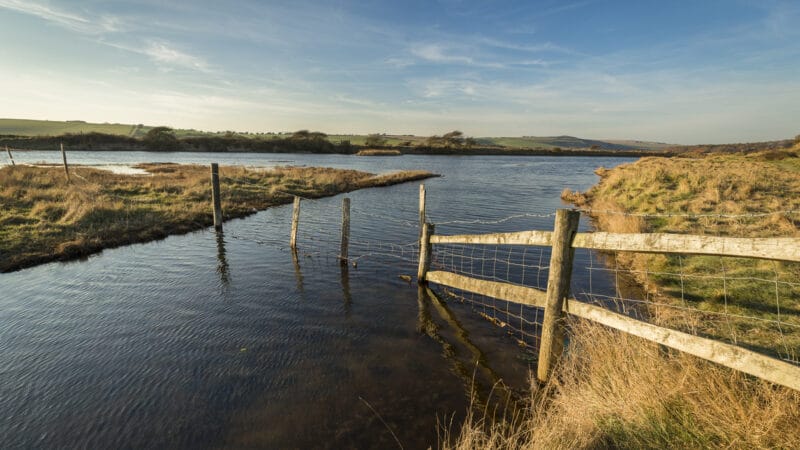Of the 33 provisional local alcohol policies (LAPs) developed since 2017, 32 have been appealed, with the average duration from notification of a provisional LAP to adoption being 790 days!
Because of the time and costs involved in fighting these appeals, many councils (representing over 50% of New Zealand’s population) have halted or abandoned the implementation of LAPs.
To tackle this issue, the Sale and Supply of Alcohol (Community Participation) Amendment Act 2023 (Act) has amended the Sale and Supply of Alcohol Act 2012 (SASAA) which received Royal assent on 30 August 2023.
As the name of the Act suggests, other amendments have been incorporated to increase community participation.
What are LAPs?
A LAP is the tool councils develop and introduce to address local licensing issues by regulating the number, location, trading hours and licence conditions of licensed premises.
LAPs under SASAA
To develop LAPs under SASAA, councils were required to give public notice of a provisional LAP (which would attract appeals) and public notice of an adopted LAP once appeals had been determined. As this was costly and time consuming, some councils abandoned the process, leaving the “local” out of an important aspect of their licensing regime.
Removal of people’s ability to appeal provisional LAPs
By removing the ability to appeal provisional LAPs, the process of developing LAPs will be much simpler and more cost effective. Although this right of appeal is removed, the community can still have their say by:
- Participating through councils’ special consultative procedures (through which LAPs are created); and/or
- Judicially reviewing a council decision.
Anybody (except trade competitors) can object to alcohol applications
The SASAA requirement of demonstrating that you have a “greater interest than the public generally” is removed by the Act, which now allows anyone except for trade competitors, to object to a new or renewal application, provided any objection is:
- Filed within 25 working days (an increase from 15 working days under SASAA); and
- Based on the criteria with the SASAA.
What will change from May 2024?
First, the Act will require DLCs to establish procedures on how hearings are run, ensuring that the procedures:
- Avoid unnecessary formality;
- Do not permit cross-examination; and
- Incorporate tikanga Māori, including evidence to be heard in te reo Māori.
Secondly, the Act provides for hearings to be conducted virtually. While this does not necessarily require DLCs to conduct every hearing virtually, they are required to consider any reasonable requests from parties to attend hearings remotely.
What does this mean for councils?
The good news is that there’s still plenty of time for the councils to prepare and adapt to these changes, so get in touch with us if you require assistance.






